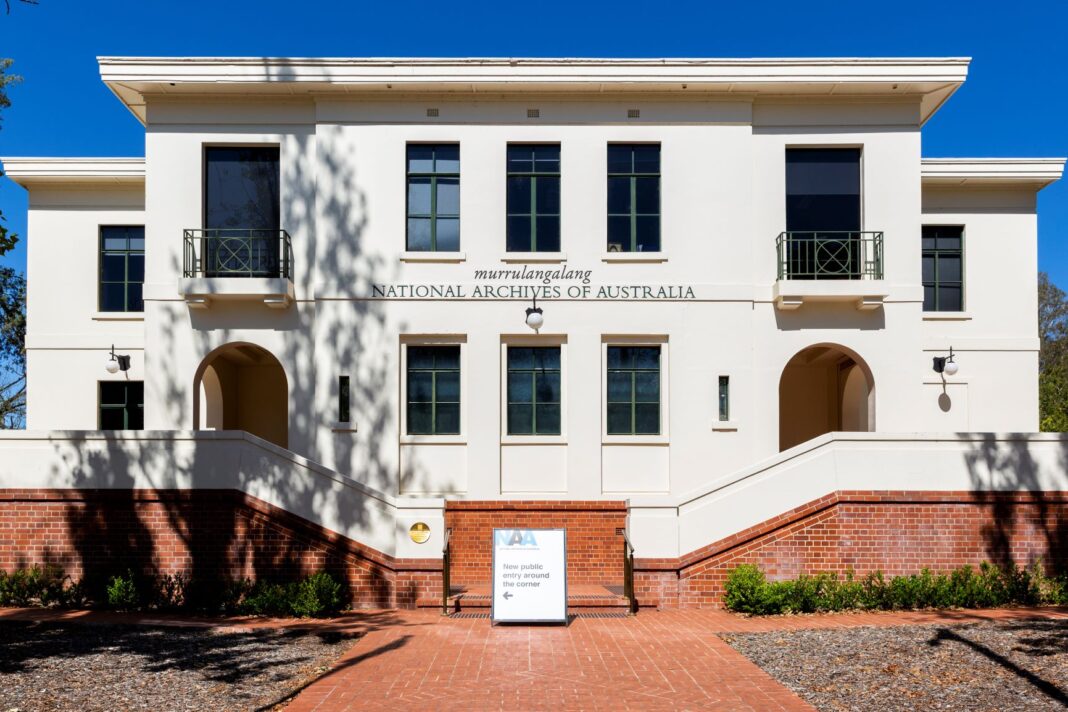“The country is set on a collision course of historic proportions.” – Sir John Kerr
Sir John Kerr’s personal correspondence with the Queen in 1975 appears to lay out his constitutional right to sack Prime Minister Gough Whitlam but falls short of forecasting his decision to do so.
A High Court ruling in May last year has allowed the so-called “Palace letters” to be made publicly available through the National Archives of Australia.
National Archives Director-General David Fricker highlighted key passages of the correspondence, highlighting an escalating tension between the two men (Sir John Kerr and Gough Whitlam) – each gunning for the other’s job – while defending the Archives for withholding the letters for so long.
“I have been asked many times, ‘Why did it take a High Court decision? Surely they are public records?’,” Mr Fricker said.
“But the letters were deposited to the Archives by Sir John Kerr in 1978 under agreement they would not be released without approval from the Palace.
“They were the rules and those rules were later confirmed by the Federal Court.”
The letters were kept from the public under a special provision when the Archives Act was passed in 1983, until the Federal Court ruling was overturned by the High Court, after a lengthy campaign for their disclosure by Professor Jenny Hocking.
Mr Fricker thanked Professor Hocking for her work and said while the pair were on opposing sides throughout the legal battle, “for good reason” they never disagreed on the significance of the letters or the extent to which they might illuminate the public’s understanding of a tumultuous period in Australian political history.
“I acknowledge the perseverance and dedication of Professor Jenny Hocking,” he said. “And the way in which she used the courts and institutions.”
Mr Fricker urged people to read all 1,200 pages and to put the letters into context.
“We (the Archives) are not historians,” he said. “We provide the evidence upon which history can be contested.
“History should be contested.
“We need a world where we have several histories.”
Mr Fricker also acknowledged the publication of these letters was made possible by Gough Whitlam’s decision to preserve government records and release them to the public when he created the National Archives in October 1975.
[break out]
KEY DATES
- 12 September 1975: Sir John Kerr wrote to the Palace laying out his constitutional options after the Budget was defeated in the Senate and Prime Minister Whitlam refused a double dissolution election.
- 2 October 1975: The Palace wrote to Sir John Kerr to inform him the PM had advised the Queen to terminate him.
- 5 November 1975: The ABC contacted the Palace to confirm the Queen’s knowledge of the political upheaval. The Palace responded to Sir John Kerr; the Palace was pleased the Queen was being kept informed but not interfering.



